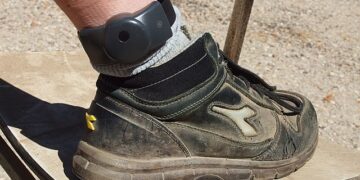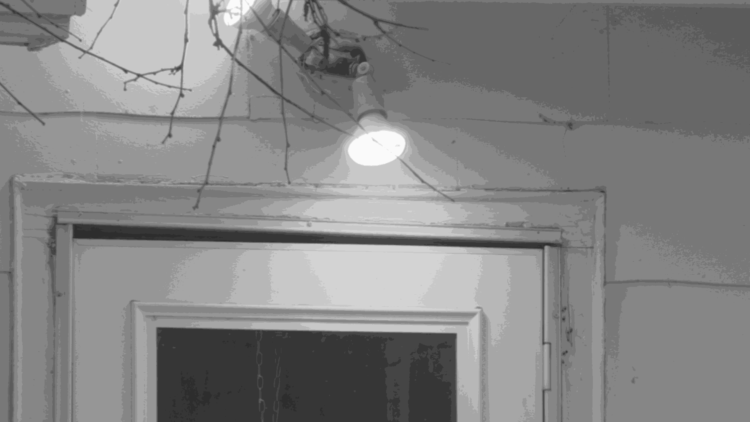MADISON, Wis. — Sobriety is fragile. For those battling with addiction, who and what you surround yourself with can make or break it.
“Any little thing can just be like a tick, you know, a ticking time bomb,” said Monique Lemon, who identifies as a recovering alcoholic.
So when the place that claims to be the best thing for your sobriety turns into the worst, who’s there to protect you?
“I was crying out for help, but I never would receive the right help,” Lemon said. “It was always in and out of jail.”
Lemon has been fighting her addiction to alcohol for decades. It led her to almost constant run-ins with law enforcement until, one day, she made the decision to change her life.
“One day I got into some trouble with the law, and the officer, you know, I really told him like, ‘I’m sick and tired of this, you know? I really need help.’”
She went through detox, then a 30-day inpatient program. Her next step: sober living.
“I felt so good because it seemed like I accomplished something, that I didn’t quit and give up and go back to using,” Lemon said. “I felt on top of the world and I chose a sober living place because I wanted to get that trust within myself.”
She landed a spot in a house owned by a company called Sober Living in Madison, or SLIM. There, she met Kenya Haskins, also a recovering alcoholic who went straight from treatment to SLIM.
“I have been fighting addiction for about 25 to 30 years,” Haskins said. “I was sober two years at one point, and something happened small that was tragic to me. And then you have that first drink, and it’s like it picked up where you left off.”
They both hoped SLIM would strengthen their sobriety alongside others dealing with the same thing.
“The main thing, I guess, to me is support and, like, emotional support and sympathy,” Haskins said.
“What people look for at sober living is the fellowship to lean on one another,” Lemon said. “That structure was not really there at all where we were at.”
Before moving in, Lemon says SLIM promised on-site laundry facilities and random drug testing. She also agreed to the list of house rules, including no drugs, alcohol or weapons, limited visitation and a curfew, among others.
Lemon and Haskins were excited to live somewhere they believed would help them in their journey. Instead, they found the opposite.
Immediate problems
“The day I walked into that house, to be frankly honest, I wanted to turn back around,” Lemon said. “It was bug infested, like really, really bad; black mold everywhere. It was always a smell in that house. It could have actually caused me to relapse and my recovery due to all of this trauma that was going on in the home.”
It turns out that smell was sewage seeping into the basement. It got so bad that Lemon called the Madison Fire Department, who reported the home to the local public health department. The health department did follow up on the complaint after the sewage issue had been resolved and found no other issues.
Lemon and Haskins say the operators of the home were absent and never checked in or held Lemon and Haskins accountable for their sobriety like they’d hoped. They say they never got the random drug tests they were promised and the living conditions made it hard to build community.
“It was just just sad that it wasn’t no care or concern about it,” Lemon said. “Just send you back out there to the wolves.”
SLIM representative Mirzo Khashimov responded to questions about the sewage incident in an email to News 3 Now saying,
“Sometime back in November 2023 while providing housing for two women there was sewage back up into the basement. A resident called911 multiple times and the fire department was dispatched and then the SLIM staff was notified. The situation was fixed the following day. As a result of this incident the Madison Building Inspector was contacted. The repairs were inspected and nothing else was to be found wrong. Prior to this incident mice droppings were reported by the same resident and appropriate steps were taken to eliminate the issue.”

































